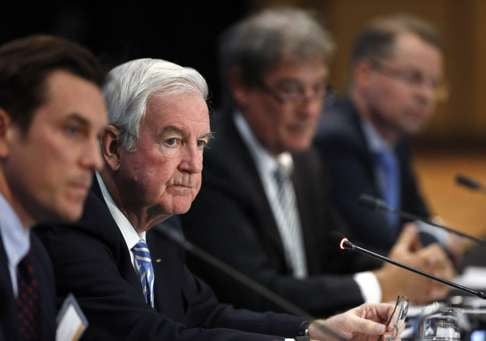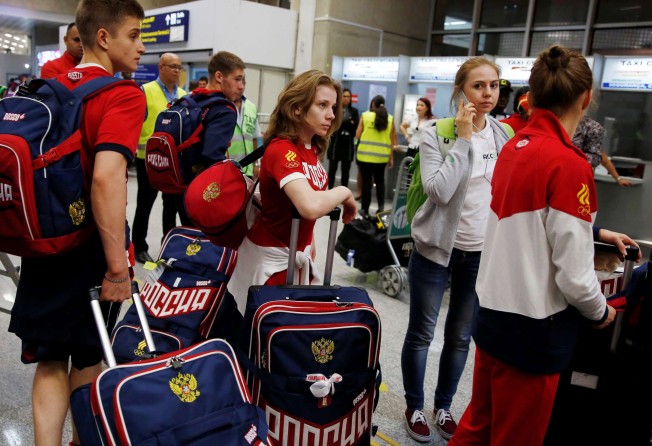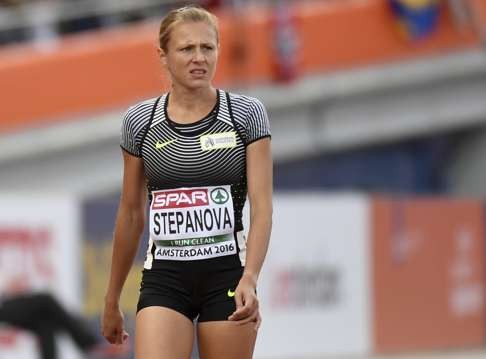
Disharmony: Wada ‘disappointed’ as IOC fails to ban Russia from Olympic Games over doping scandal
The International Olympic Committee opted against a blanket ban on all Russian athletes from competing in Rio de Janeiro, instead giving individual sports federations primary responsibility for determining eligibility

The World Anti-Doping Agency added their voice to those criticising the International Olympic Committee’s failure to ban Russia from the Olympic Games in Rio de Janeiro in the wake of doping revelations.
The Montreal-based agency issued a statement saying it would work to “ensure the best possible outcome for clean athletes” in Rio, but regretted that the International Olympic Committee (IOC) ignored their call for a ban of Russia after the World Anti-Doping Agency (Wada)-commissioned McLaren Report found evidence of a government backed doping system in a range of sports.
Wada had urged the IOC to ban all athletes submitted by the Russian Olympic Committee for both the Rio Games and the Paralympics, with individual exceptions to be considered by the IOC for participation under a neutral flag.
Wada also recommended that Russian government officials be denied access to the Rio Games.

“Wada is disappointed that the IOC did not heed Wada’s Executive Committee recommendations that were based on the outcomes of the McLaren Investigation and would have ensured a straight forward, strong and harmonised approach,” Wada president Craig Reedie said.
“The McLaren Report exposed, beyond a reasonable doubt, a state-run doping programme in Russia that seriously undermines the principles of clean sport embodied within the World Anti-Doping Code.”
WADA acknowledges IOC decision on Russia, stands by Agency’s Executive Committee recommendations: https://t.co/sEJyjNauzk
— WADA (@wada_ama) July 24, 2016
IOC president Thomas Bach said that the body opted against an outright ban in order to protect the rights of clean Russian competitors.
But Wada said the decision to give individual sports federations primary responsibility for determining every Russian athlete’s eligibility for Rio was a recipe for confusion.
“While Wada fully respects the IOC’s autonomy to make decisions under the Olympic Charter, the approach taken and the criteria set forward will inevitably lead to a lack of harmonisation, potential challenges and lesser protection for clean athletes,” said Olivier Niggli, Wada’s director general.
Niggli also expressed disappointment that an IOC ethics commission ruled that whistleblower athlete Yulia Stepanova could not go to Rio, even competing as a neutral.

“Wada has been very vocal in supporting Yulia’s desire to compete as an independent athlete,” Niggli said.
“Ms. Stepanova was instrumental in courageously exposing the single biggest doping scandal of all time.
“Wada is very concerned by the message that this sends whistleblowers for the future.”